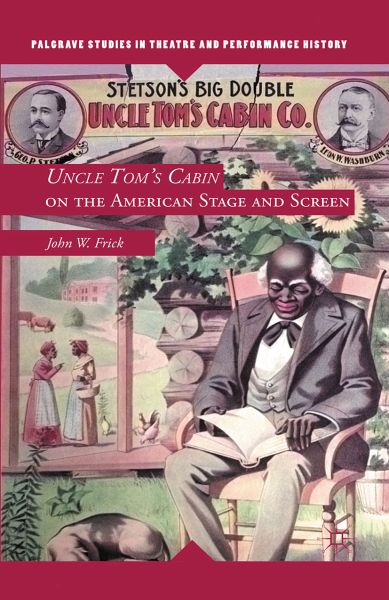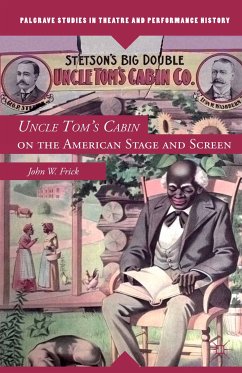
Uncle Tom's Cabin on the American Stage and Screen (eBook, PDF)
Versandkostenfrei!
Sofort per Download lieferbar
40,95 €
inkl. MwSt.
Weitere Ausgaben:

PAYBACK Punkte
20 °P sammeln!
No play in the history of the American stage has been as ubiquitous and as widely viewed as Uncle Tom's Cabin. This book traces the major dramatizations of Stowe's classic from its inception in 1852 through modern versions on film. Frick introduces the reader to the artists who created the plays and productions that created theatre history.
Dieser Download kann aus rechtlichen Gründen nur mit Rechnungsadresse in A, B, BG, CY, CZ, D, DK, EW, E, FIN, F, GR, HR, H, IRL, I, LT, L, LR, M, NL, PL, P, R, S, SLO, SK ausgeliefert werden.












